alimentary lymphoma in cats and dogs
711 Affected animals are usually. Common side effects include.
It typically affects young to middle-aged small breed dogs and its clinical course usually includes a peracute onset of clinical signs that can progress rapidly to death without appropriate therapy.

. Trotman VMD DACVIM in Small Animal Critical Care Medicine 2009 Hemorrhagic Gastroenteritis. Kennel Cough or infectious tracheobronchitis is a common condition that can affect both dogs and cats. This type of lymphoma tends to affect dogs intestines.
Dog Lymphoma Lymphoma is a cancer which. It is the most common hematopoietic neoplasia of dogs see Canine Lymphoma and cats and is also among the most. 2020 AAHA Anesthesia and Monitoring Guidelines for Dogs and Cats.
10 of all canine lymphomas. The feline lymphoma stages predict the behavior of the cancer and survival odds. Skin cancer is common in dogs so be sure to look out for any unusual lumps or spots on your dogs skin ears and eyes.
A small cell lymphoma in cats is slow-growing. Thiazide diuretics calcium borogluconate administration strontium salts. Effects of ultraviolet light.
Cancer staging helps vets choose the best treatment for lymphoma in cats. Famotidine sold under the brand name Pepcid among others is a histamine H 2 receptor antagonist medication that decreases stomach acid production. Humoral hypercalcemia of malignancy.
Large cell lymphoma in CSF 01. Unfortunately just like us dogs will often develop cancers as they get older. It begins working within an hour.
Term used to refer to longer fur usually found on cats or rabbits. It is taken by mouth or by injection into a vein. Alimentary lymphoma accounts for.
Traumatic and mechanical disorders. Since it is not aggressive cats have higher chances of survival. Stages of Cat Lymphoma.
This disorder is caused by ciliary dysfunction attributable to immotile or. Feline lymphoma presents in a multitude of anatomical forms with gastrointestinal GI lymphoma being the most frequent form of presentation. Hypercalcemia is uncommon in cats idiopathic most common Physiologic.
The second most common type it makes up less than 10 of cases of lymphoma in dogs. A retrospective study of 16 cats with intermediate- to high-grade alimentary lymphoma. Term used to refer to a.
Chronic renal failure horses. Symptoms differ according to each type. 13 Although the GI form of the disease is most frequently encountered few reports exist that focus solely on treatment of the GI form.
Disseminated intravascular coagulation DIC Hepatozoonosis. Traumatic and mechanical disorders. Lymphoma Lymphoma is a cancer of lymphocytes blood cells and lymphoid tissues.
Lymphoma is very similar to non-Hodgkins lymphoma in people The four most common kinds of canine lymphoma are multicentric lymphoma alimentary lymphoma mediastinal lymphoma and extranodal lymphoma. The higher the number of stages the more cancer has. Burns or wounds affecting the skin or subcutaneous tissue example sunburn other including blast injuries and burns.
It is used to treat peptic ulcer disease gastroesophageal reflux disease and Zollinger-Ellison syndrome. Assessment of prognostic factors in dogs with mammary gland tumors. It can cause symptoms like vomiting belly pain anorexia diarrhea and weight loss.
Dogs with focal intestinal lesions may exhibit clinical signs consistent with partial or complete luminal obstruction eg vomiting constipation abdominal pain. Dogs can suffer from most of the same types of cancers we do such as lymphoma melanoma breast cancer and even prostate cancer to name a few. It appears to be an autosomal recessive hereditary disease of young dogs but an autosomal dominant mutation has not been excluded.
Current Medical Diagnosis Treatment 2020. 47 Often the treatment and outcome of GI lymphoma are included with other forms of. Thermal injury perniosis frostbite.
60 cases 2014-2020. Alimentary lymphoma also called gastrointestinal lymphoma. May also be referred to as the GI tract the intestinal tract or the gastrointestinal tract.
Isolation and molecular characterization of feline panleukopenia viruses from Korean cats Dong-Kun Yang Yu-Ri Park Yeseul Park et al. The portals of entry for microbes are the alimentary respiratory urogenital and integumentary systems and the ear and eye Fig. It is highly contagious illness that is caused by a combination of bacterial and viral infections which target the animals respiratory system similar to bronchitis or a chest cold in humans.
Animal bites dogs cats etc. HGE is a disease of unknown etiology. Term refers to the system in the body that deals with the processing of food and nutrients in between the mouth and the anus.
Enter the email address you signed up with and well email you a reset link.

Lymphoma In Dogs Cats What S The Latest Today S Veterinary Practice

Read About Gastroenterology In This Article By Sandra Grover

Lymphoma In Cats Veterinary Partner Vin
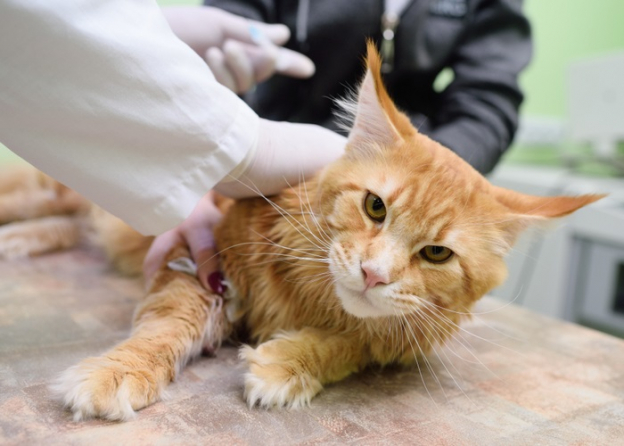
Lymphoma In Cats Symptoms Diagnosis Treatment All About Cats

Extranodal Lymphoma In The Cat Semantic Scholar

Alimentary Lymphoma In A Cat Semantic Scholar
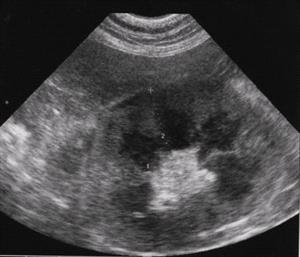
Lymphoma In Cats Veterinary Partner Vin
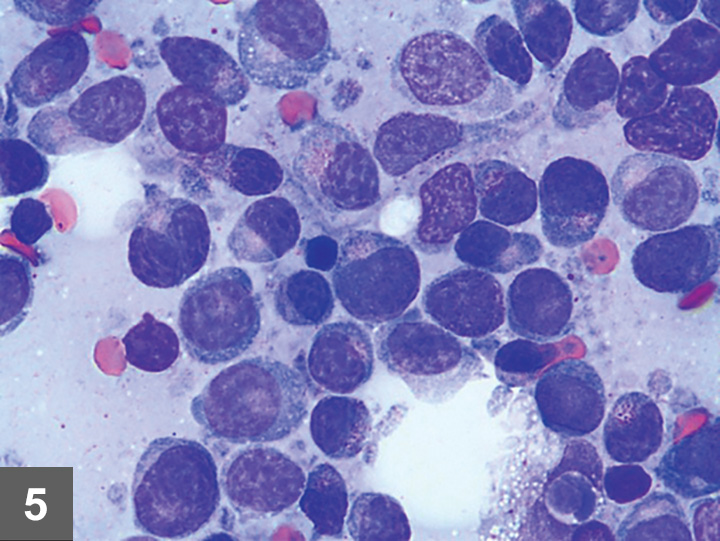
Feline Lymphoma Clinician S Brief

Fur Everywhere Lymphoma In Cats
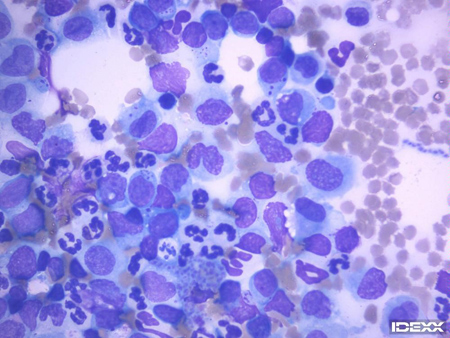
Feline Lymphoma What Your Need To Know The Animal Medical Center

Lymphoma In The Cat Fact Sheet Davies Veterinary Specialists

Causes And Risks Of Cat Lymphoma And Leukemia Vlog 97 Youtube
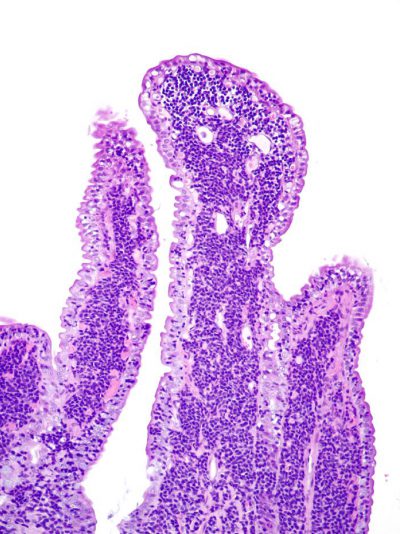
Differentiating Feline Intestinal Lymphoma From Inflammatory Bowel Disease Ibd College Of Veterinary Medicine At Msu

Differentiating Inflammatory Bowel Disease From Alimentary Lymphoma In Cats Veterinary Clinics Small Animal Practice

Lymphoma In Cats Atlantic Veterinary Internal Medicine

Feline Lymphoma Clinician S Brief
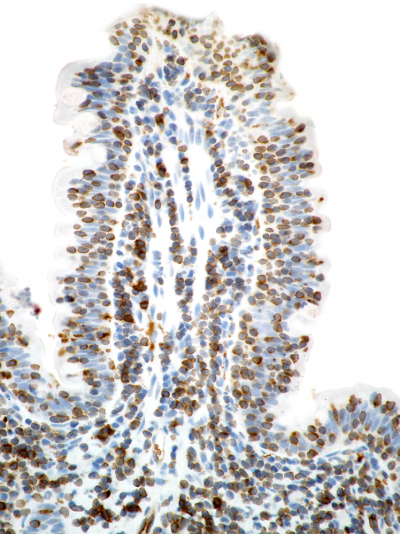
Differentiating Feline Intestinal Lymphoma From Inflammatory Bowel Disease Ibd College Of Veterinary Medicine At Msu
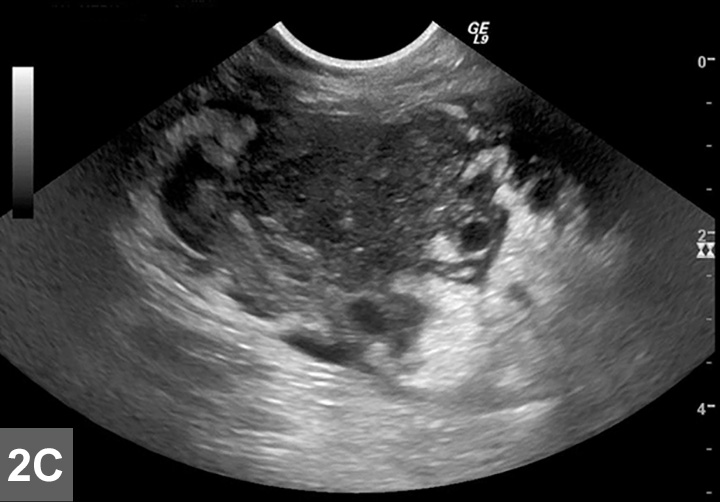
Feline Lymphoma Clinician S Brief
0 Response to "alimentary lymphoma in cats and dogs"
Post a Comment